Accountability
Canada Supreme Court judge rules extreme intoxication can be used as a legal defense for violent crimes
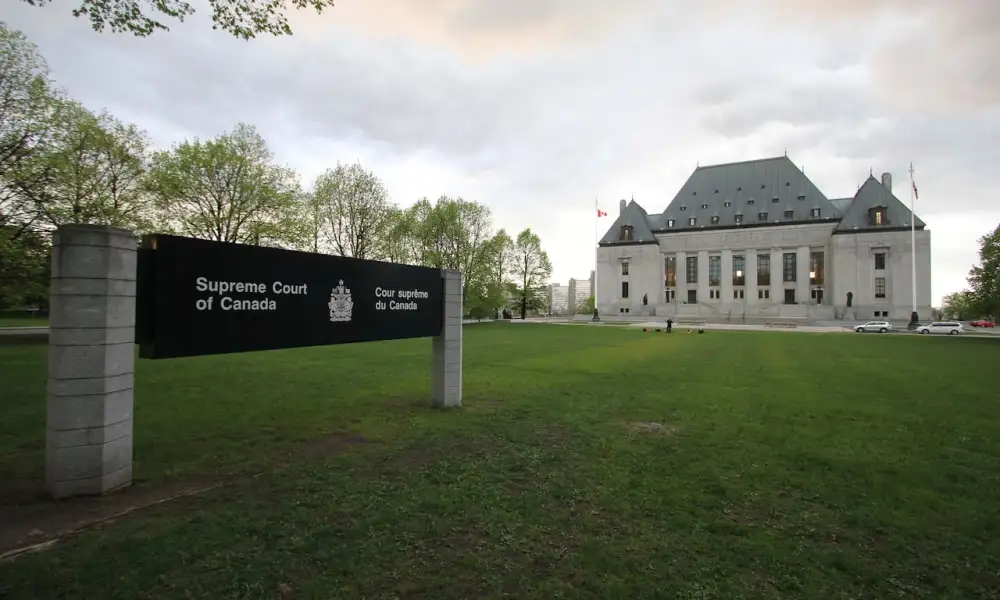
The Canadian Supreme Court ruled this week that extreme intoxication due to self-ingested alcohol or drugs can be used as a legal defense in cases of violent crimes.
The opinion, written by Justice Nicholas Kasirer, says in cases of alcohol or drug induced automatism, defense attorneys can claim “non-mental disorder automatism” as a defense in violent crime cases.
Essentially, this means defendants can claim they were not in control of their actions and are therefore innocent of violent crimes they committed under the influence. The ruling overturns the implementation of the law that made it illegal to use extreme intoxication as a legal defense in a violent crime.
“Its impact on the principles of fundamental justice is disproportionate to its overarching public benefits. It should therefore be declared unconstitutional,” wrote Kasirer. He also reasoned in the opinion that a person’s decision to get extremely intoxicated does not mean they had an intent to commit a violent crime.
The ruling is being criticized by women’s advocacy groups, who point out the law enacted in 1995 was necessary to protect women who are disproportionately affected by domestic abuse and violent crime.
“We know that the criminal justice system too often fails and retraumatizes survivors of sexual violence,” said Kat Owens from the Women’s Legal Education and Action Fund (LEAF). “We need to improve existing responses to sexual violence, while exploring alternative responses and working to prevent gender-based violence.”
The ruling comes after a case last year in the Court of Appeals in which David Sullivan, who was convicted of aggravated assault after stabbing his mother while he was in a psychotic state from overdosing during an attempted suicide, appealed his conviction.
The appeals court overturned his conviction, ruling the inability to use extreme intoxication as a defense was unconstitutional. The Supreme Court upheld the appellate court’s decision, upholding Sullivan’s acquittal.
Terry A. Hurlbut has been a student of politics, philosophy, and science for more than 35 years. He is a graduate of Yale College and has served as a physician-level laboratory administrator in a 250-bed community hospital. He also is a serious student of the Bible, is conversant in its two primary original languages, and has followed the creation-science movement closely since 1993.
-
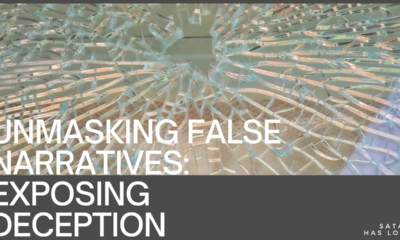
 Clergy4 days ago
Clergy4 days agoWhy Do The American People Let The Corrupt Media & Politicians Set The Propaganda Narrative – Speak On Their Behalf
-
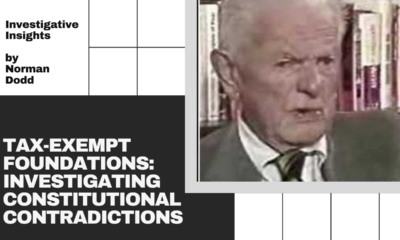
 Constitution5 days ago
Constitution5 days agoCHAPTER 9: Norman Dodd Interview Space Is No Longer the Final Frontier––Reality Is [upcoming release April 2024]
-
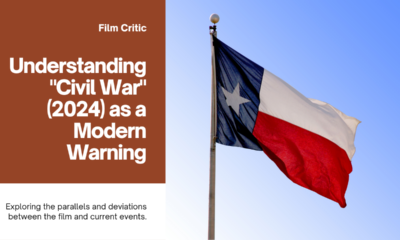
 Entertainment Today5 days ago
Entertainment Today5 days agoCivil War (2024) – an incomplete prediction
-
![CHAPTER 10: Objective Reality Is Required for a Free Society Space Is No Longer the Final Frontier—Reality Is [upcoming release May 2024]](https://cnav.news/wp-content/uploads/2024/04/Objective-reality-v-acceptance-400x240.png)
![CHAPTER 10: Objective Reality Is Required for a Free Society Space Is No Longer the Final Frontier—Reality Is [upcoming release May 2024]](https://cnav.news/wp-content/uploads/2024/04/Objective-reality-v-acceptance-80x80.png) Education4 days ago
Education4 days agoCHAPTER 10: Objective Reality Is Required for a Free Society Space Is No Longer the Final Frontier—Reality Is [upcoming release May 2024]
-
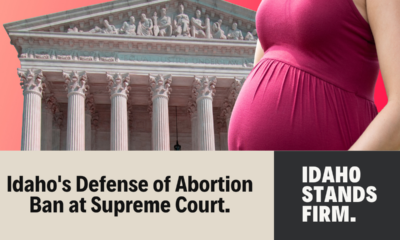
 Human Interest3 days ago
Human Interest3 days agoIdaho prepares to defend its abortion ban
-

 Civilization3 days ago
Civilization3 days agoEarth Day Should Celebrate U.S. Progress & Innovation
-
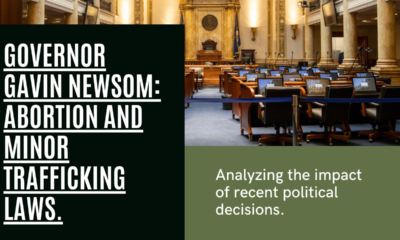
 Civilization2 days ago
Civilization2 days agoNewsom plays silly abortion politics
-

 Education3 days ago
Education3 days agoThe Intifada Comes to America. Now What?


